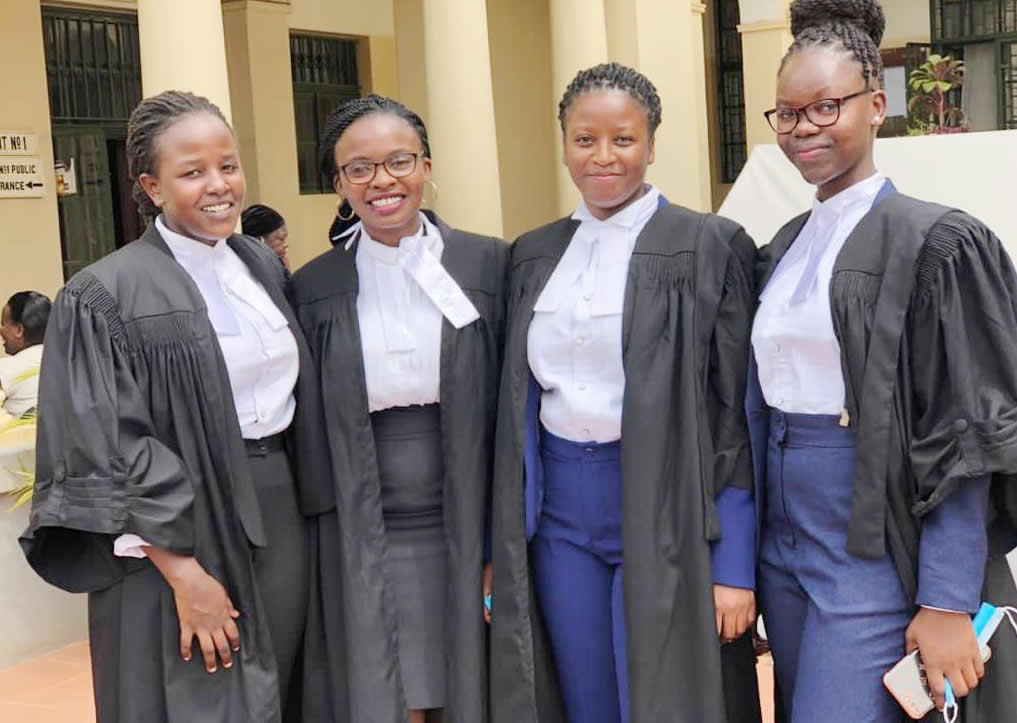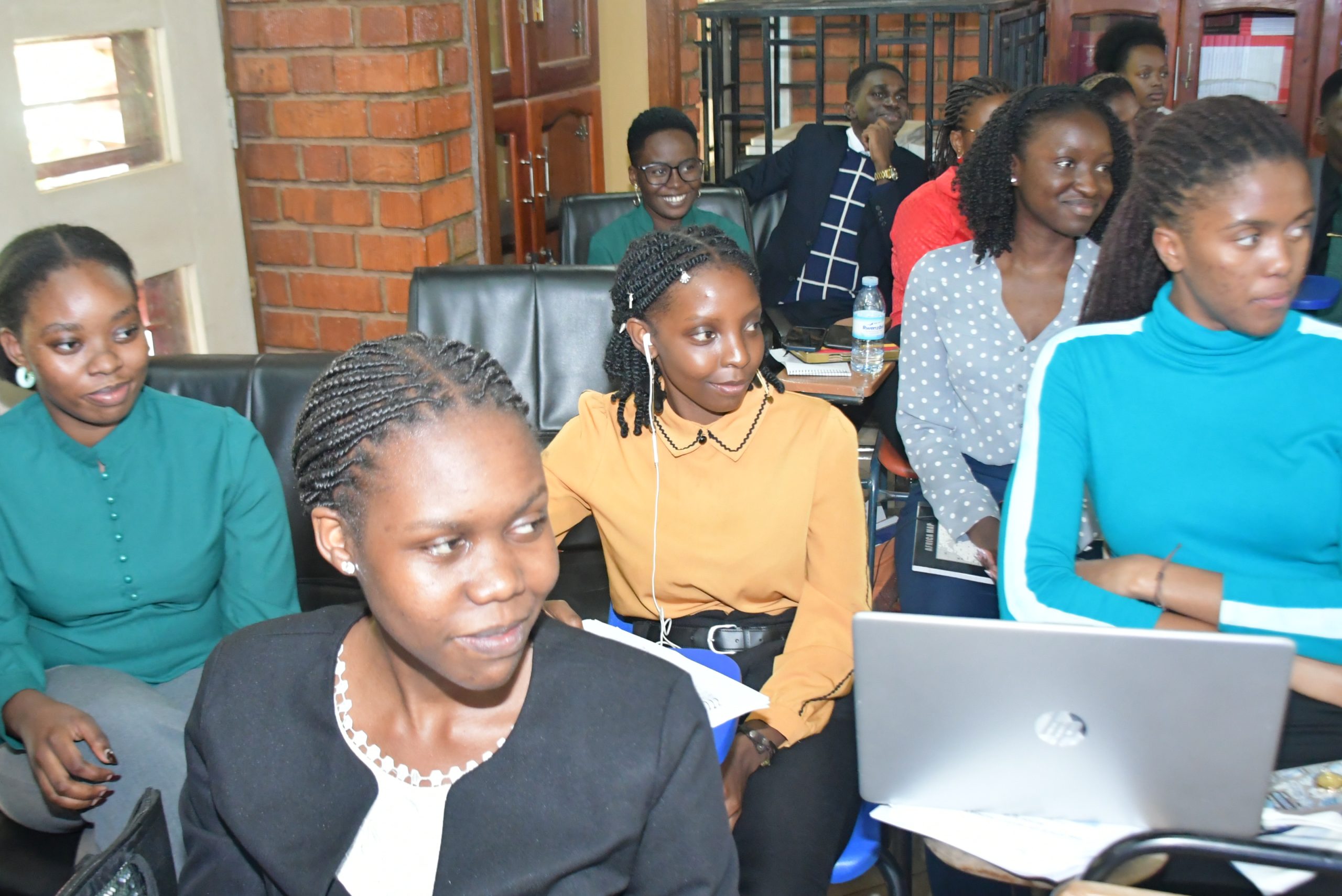Reclaiming Public Services For Inclusive And Sustainable Socio-Economic Recovery After Covid 19
The 8th National Economic Social and Cultural Rights Conference was successfully conducted with a call on the duty bearers to support the realization of social economic rights which had been affected further by the COVID 19 pandemic.
The Conference held on 15th and 16th September 2021 in Serena Hotel was jointly organized by Initiative for Social Economic Rights (ISER) Public Interest Law Clinic (PILAC) Uganda Consortium on Corporate Accountability (UCCA) and Uganda Human Rights Commission (UHRC).
Brown (724 X 373).Jpg

In her opening remarks, Grace Penny the Deputy head, Office of the High Commissioner for Human Rights Uganda said her office was fully committed towards supporting stake holders involved in furthering the realization of people’s rights. She described ESCR are those rights which seek to guarantee people’s access to housing, food, water, health care, education, social security, family life as well as participation in cultural life.
Grace Penny said the ESCR had increasingly been defined in the National, regional and global legal systems an in national treaties and constitutions which she said, created legal obligations on the states to ensure that everybody enjoyed the rights and provided remedies for their violation.
Recognizing economic social and cultural rights as with other Rights together with the principle of non-discrimination focuses attention on the people that are most excluded, the poor and the most vulnerable, she emphasized.
Grace Penny observed that there had been a tendency to focus on the civil and political rights historically which were in practice indivisible from the Social and economic rights. She said the that the COVID 19 pandemic over the past two years gave an opportunity to redress the imbalance by focusing energies further on realizing the economic and social cultural rights. She said the Conference on the theme; ‘Reclaiming Public Services for Inclusive and Sustainable Socio-economic Recovery after Covid19’, was timely given the situation of the pandemic. The deliberations would help refocus attention on the economic social and cultural rights to ensure that no one is left behind.
Barya (1024 X 519).Jpg

Prof. John Jean Barya, who presented the key note address further emphasized the issues of human rights, public services, and prospects for inclusive social economic recovery after COVID 19. He said social economic and cultural rights were seen as commodities rather than rights as a result of the Structural Adjustment Programs in the 1990s, when African governments were reformed and removed from investment, development and provision of public and social economic services, leading to the privatization that ended up giving the economy to foreigners and local compradors.
The social political situation confronting the people of Uganda were a living contradiction between the provisions and aspirations of the 1995 Uganda Constitution and the actual social economic policies being implemented. He cited Article 30 of the constitution which provides for a right to basic education for all persons, while for other rights like health, it was not clear as to whether Ugandans had this right. He said the economic policies negate both the right to health and education and urged the participants in the conference to deliberate on the justiciability of these rights.
Prof. Barya a Legal Scholar with vast experience said the onset of the Covid 19 pandemic affected almost all rights. During elections he noted, the Government, using the colonial public health ordinance of 1935, ensured that there were no political rallies mainly for the opposition and therefore no mobilization against the regime. Covid 19 therefore became a political weapon and many who dared were still in prison either not charged or prosecuted and this therefore curtailed Freedom of association, assembly and a right to decide on leaders. Prof. Barya said it was not clear as to whether Ugandan citizens had rights to health and education citing the policies that negate these rights in as much as the national objectives and state polices provided for them.
Barya said the biggest benefit of Covid 19 was that it did not respect social class, race and initially age, and therefore emphasized the importance of a national health service system. He however regretted to note that the state had not used Covid 19 as an opportunity to review this misguided privatization of social services especially education and health and neoliberalism in general. Covid 19 had become another occasion for patronage and abuse of public resources, he added.
The Principal, School of Law Prof. Christopher Mbazira in his remarks noted that the greatest mistake we made as Ugandans was that we resigned and chose self-help. We distanced ourselves from the state and thought we could do it our way. He cited examples of hire of private guards, taking our children to private schools and private hospitals, as well as the pharmacies and drug shops and that with the onset of Covid 19, we realized that we could not go far when there were no oxygen cylinders to help in treating patients.
He further noted that harassment of civil society actors was on the increase as seen from the victimization of the structures that would help in the recovery process. He observed that Facebook remains illegal, a tax was instituted on Internet data and these had widened the space in the education sector, where only the able persons can access online classes.
Prof. Mbazira said the citizenry that demands for accountability had been hampered. Covid 19 had strengthened the practice of top down decision making.
The Conference through panel discussions deliberated on a number of subjects that included; Maintaining health and Education as public goods: Lessons from COVID 19; The role of citizen participation in ensuring quality of public services; Electricity and the internet as essential services post covid-19: Is Uganda an outlier?
It was expected that arising out of the conference, stakeholders would help in the identification of effective strategies for attaining inclusive and sustainable socio-economic recovery post COVID-19, to bring to light the importance of quality and accessible public services as a key strategy for socio-economic recovery; and to assess the efficacy of the current National Development Plan III in guiding socio-economic recovery.
Participation in the conference was drawn from a number of stakeholders that included Civil Society Organisations like Akina Mama wa Africa, Equal Opportunities Commission, Cyber Law Initiative, Public Service International, COTFONR and Government agencies that included Parliament, the Local Government and Ministry of education.



